The annual rate of inflation has increased to 4% in a surprise rise, according to the Office for National Statistics (ONS).
The consumer prices index (CPI) reached 4% in December after economists expected a fall to 3.8%, according to a poll by Reuters.
CPI in December was up from 3.9% in November – the first time the rate had increased since February 2023.
On a monthly basis, CPI rose by 0.4% in December 2023, the same rate as December 2022.
The figures show that the largest rise in the rate of inflation came from alcohol and tobacco, which stood at 10.2% in November 2023 and increased to 12.8% in December 2023.
The largest fall in inflation came from food and non-alcoholic beverages, from 9.2% in November to 8% in December.
The unexpected albeit slight rise in monthly inflation means it is moving further away from the Bank of England’s 2% inflation target.
Extra costs thwart falling rates
BRC director of insight Kris Hamer said: “Efforts to bring down inflation faltered in December, with rises in clothing and footwear and alcoholic beverages and tobacco products.
“Despite retailers’ efforts to deliver an affordable Christmas for everyone, high input costs increased inflation rates in furniture and household equipment. There was a ninth consecutive fall in the inflation rate for food, relieving some pressure on struggling households.
“Retailers face a number of extra costs this year that threaten the progress made to reduce prices.
“New EU border checks this month, disruption in the Red Sea, a hike to business rates in April, and the potential of a new grocer surtax in Scotland are all challenges that retailers need to navigate in 2024.”
Hamer added: “With an election in the next 12 months, it is time political parties understand the value of retail to the wider economy and set out a clear and cohesive plan for retail in their manifestos.
“Allowing retail to thrive will create jobs, bring down prices for households, and support communities up and down the country.”




















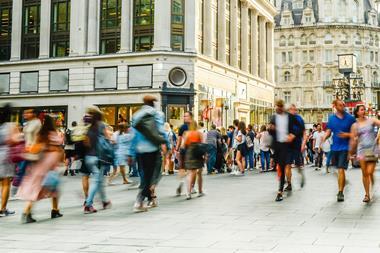
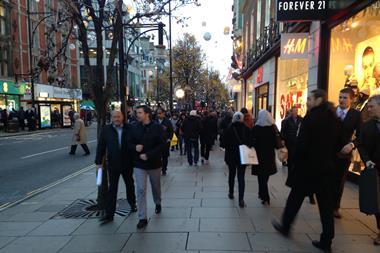
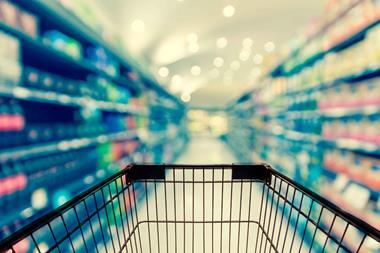
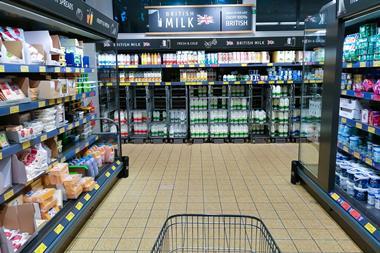
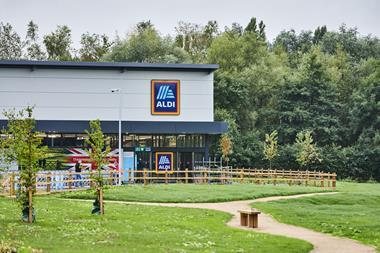
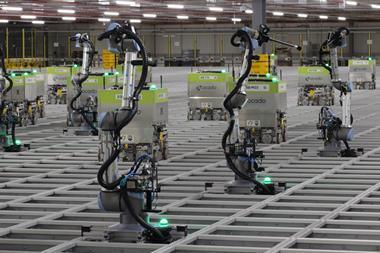
No comments yet